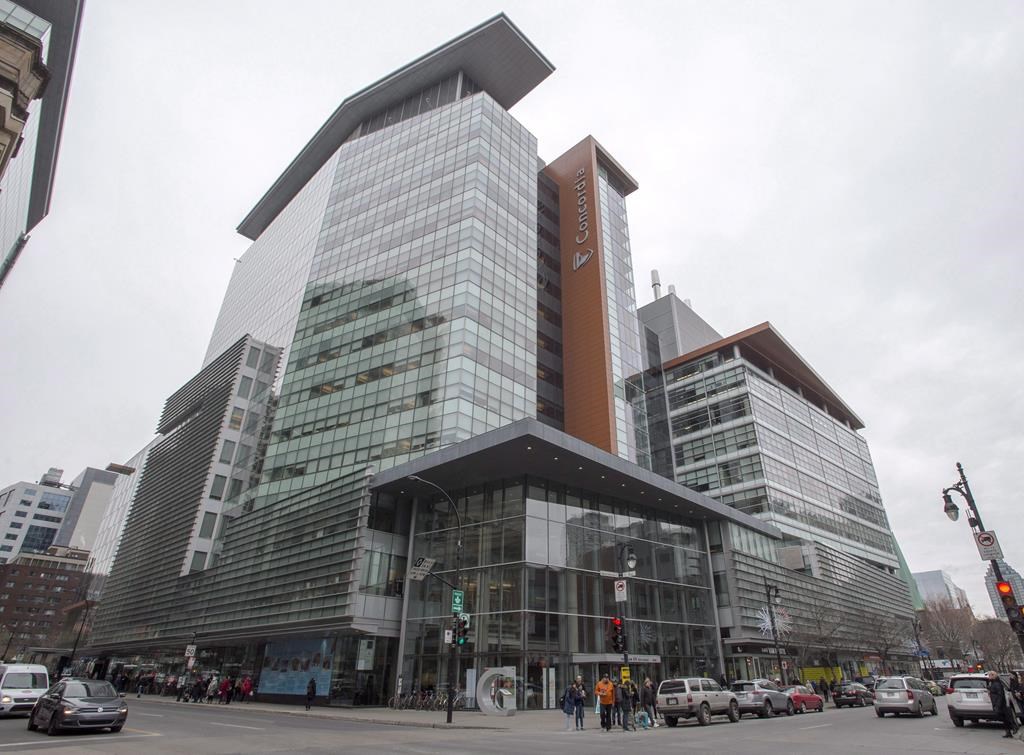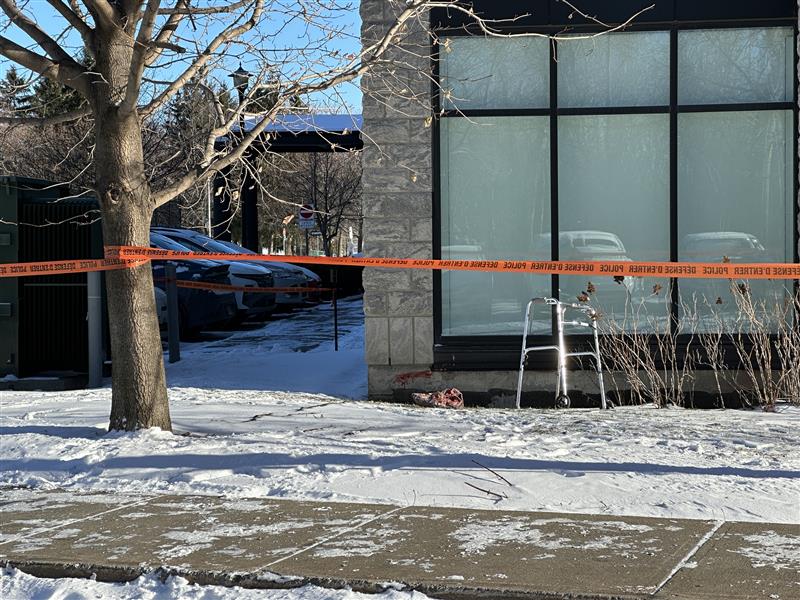Quebec hikes tuition for McGill, Concordia, imposes French requirement

Posted December 14, 2023 10:45 am.
Last Updated December 14, 2023 4:16 pm.
Quebec says it will hike tuition by 30 per cent for out-of-province Canadian students and force universities to ensure most of those students are proficient in French when they graduate.
In a letter Thursday to the province’s three English-language universities — Concordia, McGill and Bishop’s — Higher Education Minister Pascale Déry says the government is imposing the new measures so anglophones attending the schools better integrate into Quebec society.
The universities had warned that a tuition increase could lead to a steep drop in enrolment and devastate their finances. They recently proposed a different tuition model that they said would inflict less harm, but Déry said Thursday their plan wasn’t good enough.
She also said the schools’ proposals to boost the French skills of students from elsewhere in Canada were insufficient. “To reverse the decline of French in Quebec, we believe it is imperative to aim for more ambitious targets,” Déry said in her letter.
The minister says that in order for McGill and Concordia to avoid financial penalties, 80 per cent of non-Quebec students enrolled in an English-language program will need to have intermediate “Level 5” proficiency in spoken French by the end of their undergraduate studies. Under Quebec’s “scale of proficiency in French,” Level 5 means a person “understands the essentials of conversations on everyday topics” and “grasps a varied vocabulary.”
The government has softened its position slightly on tuition for out-of-province Canadian students, after threatening in October to nearly double it to $17,000 from $8,992. Instead it will rise to $12,000 beginning next fall, with Bishop’s exempted because of its location outside Montreal. The French requirement is new, however, and will apply to all three schools by the 2025-26 academic year.
“The measures that the government released today are devastating,” McGill University principal Deep Saini told a news conference. “They are far worse than those announced on Oct. 13 — worse for Quebec, worse for its universities, worse for Quebec businesses that need talent and worse for McGill.”
Saini said proposals made by the universities since November have been turned against them.
“I can only view this as a targeted attack on institutions that have been part of Quebec and have contributed to Quebec for hundreds of years,” Saini said.
The revised tuition amount is still double what students would pay elsewhere in Canada, said Graham Carr, president and vice-chancellor at Concordia University in Montreal.
Carr said the university has seen drops of 20 and 30 per cent, respectively, in Canadian and international applications since Quebec first announced a tuition increase. With application deadlines fast approaching, the university faces a challenge persuading prospective students to choose Concordia and Montreal.
“And that’s a real tall order again, you know. I think once more we’ve been set up to fail on this, this is kind of Mission Impossible on the 14th of December,” Carr said.
Déry says Bishop’s will be spared the tuition hike because it is located in Sherbrooke, Que., where the French language is not under threat in the way it is in Montreal. Bishop’s, with an undergraduate full-time enrolment of about 2,400 students, will be able to offer up to 825 out-of-province students the current tuition rate. And while the new French-language rules will apply to the school, its financing “won’t be conditional” on Bishop’s attaining them.
There are currently no French requirements for out-of-province students, and the English universities had already said they were open to what they called an ambitious objective of ensuring 40 per cent of non-French-speaking undergraduate students achieve proficiency in French by the time they graduate.
Fabrice Labeau, McGill’s deputy provost, said the 80 per cent number is academically unfeasible. He said a student with no previous knowledge of French will need the equivalent of a full semester of language courses to reach that intermediate level.
Bishop’s called Thursday’s decision a positive outcome for the university. Sébastien Lebel-Grenier, principal and vice-chancellor, said in a statement that the school’s community was able to “convince the Quebec government that we and the students we welcome to campus from the rest of Canada are not a threat to the French language but rather an essential part of what makes our region unique.”
Quebec also announced earlier this year it would charge universities $20,000 for every international student they admit and reinvest that money into the French-language university network.








